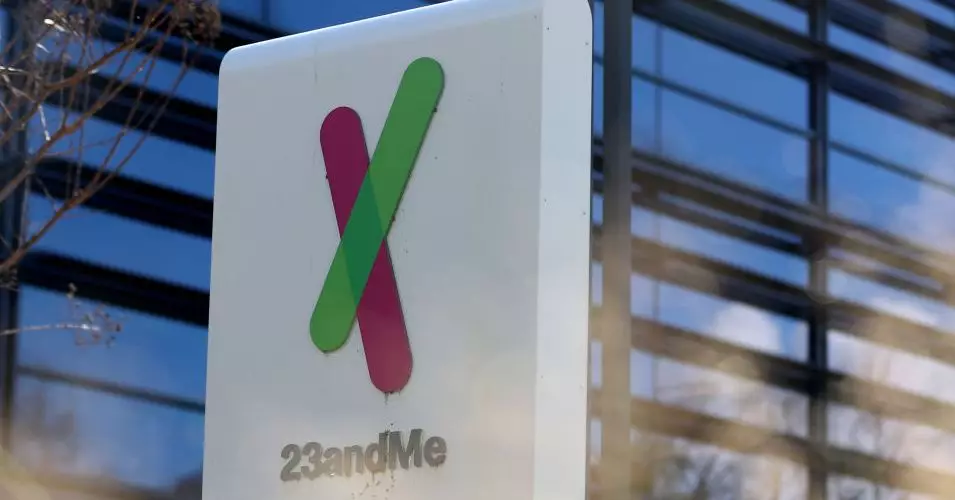In a dramatic turn of events that has reverberated throughout the tech community, genetic testing company 23andMe—once a beacon of innovation valued at an astounding $6 billion—has filed for Chapter 11 bankruptcy protection. This tumultuous journey culminated in the resignation of CEO Anne Wojcicki, which underlines a series of miscalculations in leadership and strategic decision-making. The value proposition that once attracted millions of customers now hangs precariously in the balance, raising crucial questions about the future of personal genetic data and privacy protections.
The company’s implosion not only threatens its financial stability but also shakes consumer confidence in the broader genetic testing industry. Many people have invested emotionally and financially in their genetic explorations, but as the company heads into uncertain territory, those who placed their trust in it are understandably apprehensive.
The Gathering Storm: Privacy and Data Security Concerns
Amid this upheaval, the fate of the vast trove of genetic data amassed by 23andMe looms large. The possibility of this highly sensitive information changing hands through mergers or acquisitions sends shivers down the spines of privacy advocates. The risks associated with surrendering such personal data extend beyond mere operational failure; they encompass the potential for data to fall into the hands of entities that users may not trust, thereby exacerbating existing vulnerabilities.
California Attorney General Rob Bonta has issued alerts highlighting that Californians possess the legal right to demand the deletion of their data. This critical consumer right, however, is not uniformly available across the United States. States like Washington and broader regions like the European Union with GDPR regulations provide varying degrees of protection, leaving many 23andMe customers exposed and confused. As expressed by Andrea Downing, a cofounder of the patient-led digital rights nonprofit The Light Collective, the absence of a national health privacy law is glaring and detrimental.
The Inadequate Institutional Protections
For customers concerned about the future of their genetic data, it becomes vital to act swiftly. With the risk of potential data exposure during the bankruptcy proceedings and any subsequent transfer to new ownership, the call to action to delete personal data has never been more urgent. The simple steps to erase digital footprints from 23andMe are neither intuitive nor well-known among consumers, underscoring a deficiency in user education regarding data rights.
As noted by John Verdi, senior vice president of policy at the Future of Privacy Forum, while the new owner may modify privacy policies for new customers and data collection, the data already held is still bound by older regulations. This creates a precarious situation where existing users may feel trapped by legalities that prioritize corporate interests over individual rights. In a landscape that frequently changes, the assurance of data privacy can quickly become an illusion.
Trust and Accountability in the Genetics Sector
The lack of clear accountability is alarming. Longtime security researcher Kenn White’s condemnation of prevailing privacy policies resonates deeply in this context. His assertion that these policies are “not worth the paper they’re printed on” calls into question the very framework protecting consumers. In reality, regular users of genetic testing services are often left unprotected when corporations undergo shifts in ownership or strategic direction.
Such disclosures raise the fundamental issue of trust in genetic testing companies. Customers invest not only their money but their identities and hopes in these services, contemplating the implications of their genetic makeup. The situation at 23andMe serves as a stark reminder of the complex interplay between consumer rights and corporate governance, especially in an industry that commodifies deeply personal information.
As we navigate this unfolding narrative, it becomes imperative for individuals to proactively safeguard their data, make informed decisions, and advocate for legislative change that prioritizes consumer protection over corporate power. The stakes have never been higher, and as 23andMe collectively faces its uncertain future, the onus remains on consumers to be vigilant and responsive.

